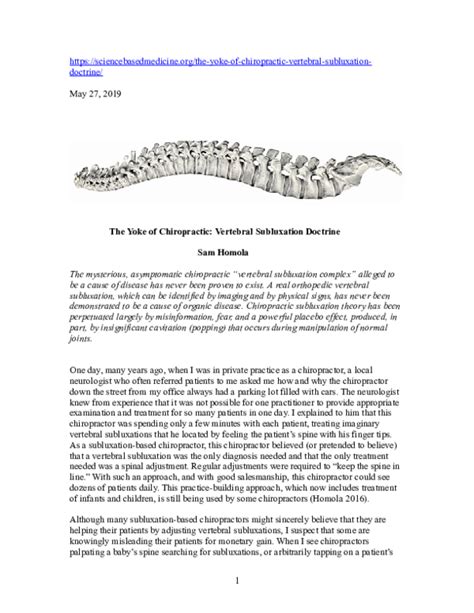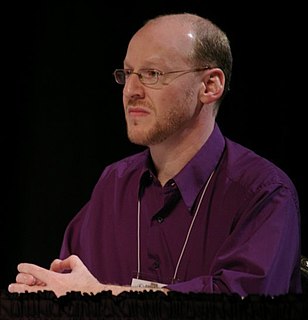A Quote by Carl Sagan
Science arouses a soaring sense of wonder. But so does pseudoscience. Sparse and poor popularizations of science abandon ecological niches that pseudoscience promptly fills. If it were widely understood that claims to knowledge require adequate evidence before they can be accepted, there would be no room for pseudoscience.
Related Quotes
I believe that part of what propels science is the thirst for wonder. It's a very powerful emotion. All children feel it. In a first grade classroom everybody feels it; in a twelfth grade classroom almost nobody feels it, or at least acknowledges it. Something happens between first and twelfth grade, and it's not just puberty. Not only do the schools and the media not teach much skepticism, there is also little encouragement of this stirring sense of wonder. Science and pseudoscience both arouse that feeling. Poor popularizations of science establish an ecological niche for pseudoscience.
Isaac Asimov's remark about the infantilism of pseudoscience is just as applicable to religion: 'Inspect every piece of pseudoscience and you will find a security blanket, a thumb to suck, a skirt to hold.' It is astonishing, moreover, how many people are unable to understand that 'X is comforting' does not imply 'X is true'.
I believe that even a smattering of such findings in modern science and mathematics is far more compelling and exciting than most of the doctrines of pseudoscience, whose practitioners were condemned as early as the fifth century B.C. by the Ionian philosopher Heraclitus as “nigh -walkers, magicians, priests of Bacchus, priestesses of the wine-vat, mystery-mongers.” But science is more intricate and subtle, reveals a much richer imiverse, and powerfully evokes our sense of wonder.
Chiropractic, which celebrated its centennial in 1995, is a curious mixture of science and pseudoscience, sense and nonsense. Much of it is based on the theory that misaligned spinal bones produce nerve interference that causes disease. Many chiropractors claim that correcting these misalignments ("subluxations") can restore health and that regular spinal adjustments are essential to maintain it.
One of the reasons for its success is that science has a built-in, error-correcting machinery at its very heart. Some may consider this an overbroad characterization, but to me every time we exercise self-criticism, every time we test our ideas against the outside world, we are doing science. When we are self-indulgent and uncritical, when we confuse hopes and facts, we slide into pseudoscience and superstition.





























